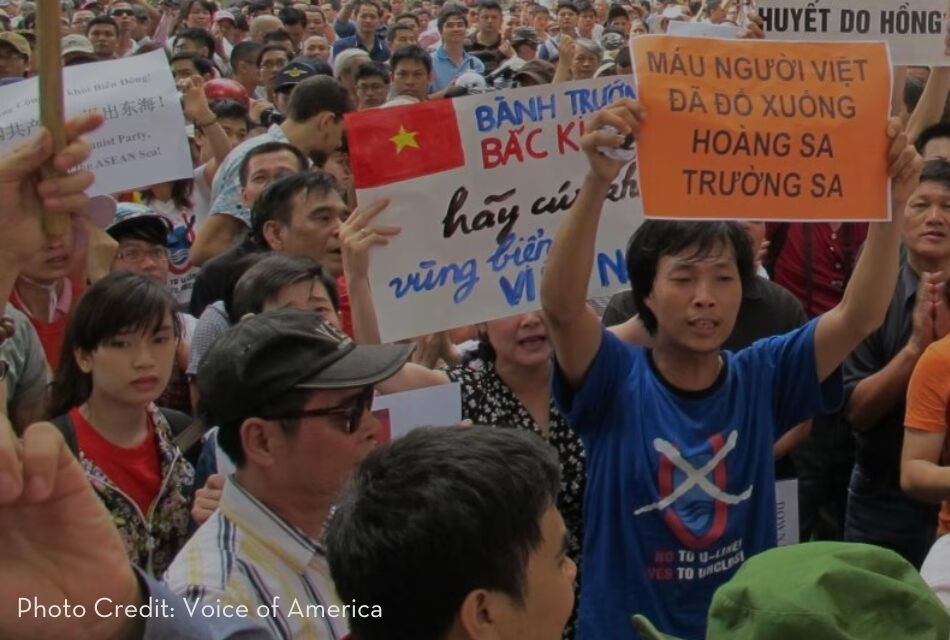Global Advocacy
PEN America works to defend free expression around the world, with particular emphasis in countries where writers are most at risk of imprisonment, tracking with the top countries in our annual Freedom to Write Index, and where we have developed expertise and relationships with people and organizations on the ground. Read below to learn about PEN America’s research, advocacy, and projects supporting the freedom to write globally and how you can take action.
Belarus
Free expression in Belarus has been steadily deteriorating in recent years. Following the illegitimate 2020 election, which sparked international condemnation and widespread protests, threats against writers, artists, and other dissenting voices have increased. Political prisoners have been subject to ill-treatment, including incommunicado detention and torture. The Belarusian government has targeted writers already living in exile. Authorities have also targeted family members of exiled writers, who have been subjected to arbitrary searches, detentions, and other forms of harassment.
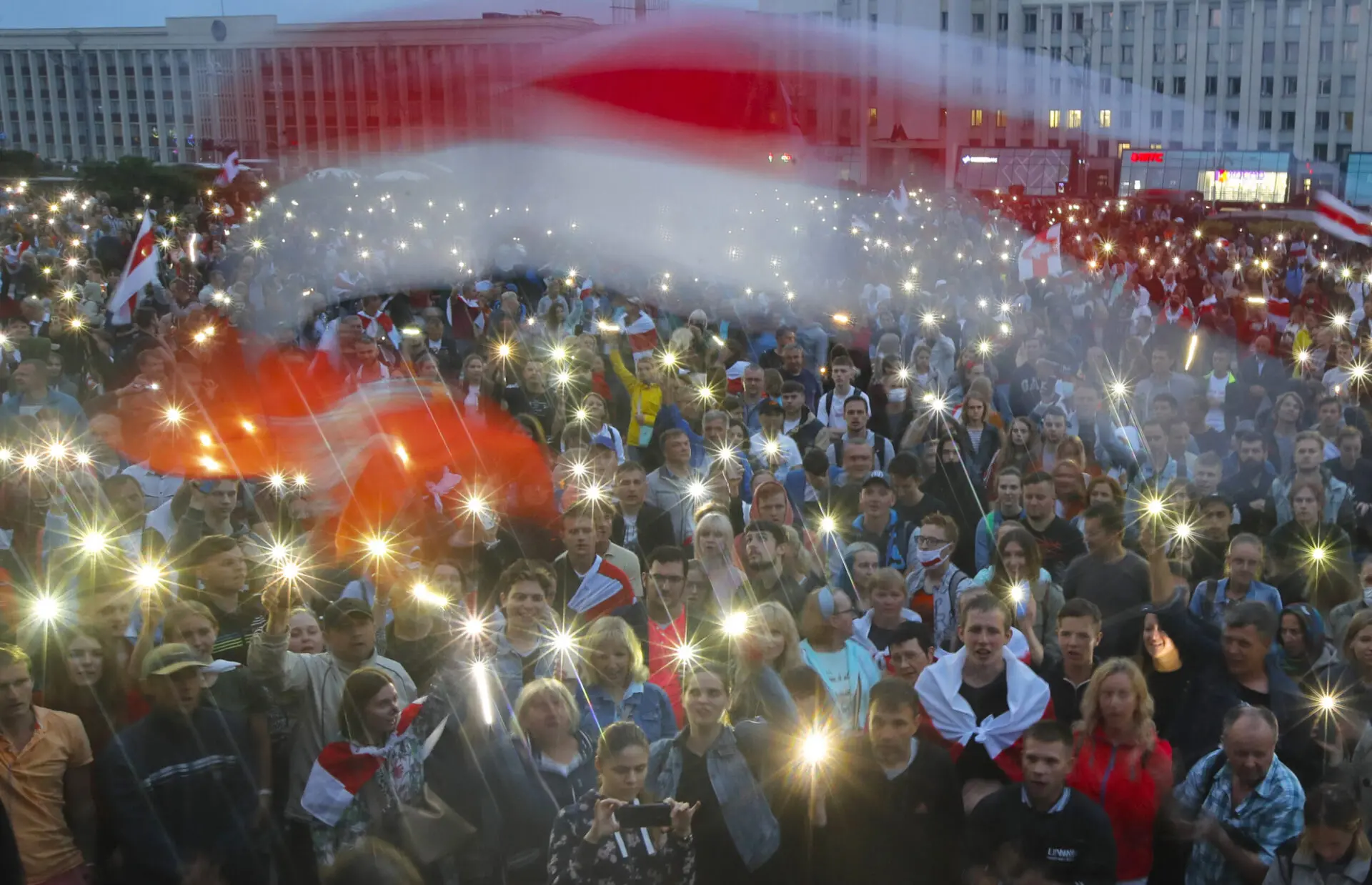
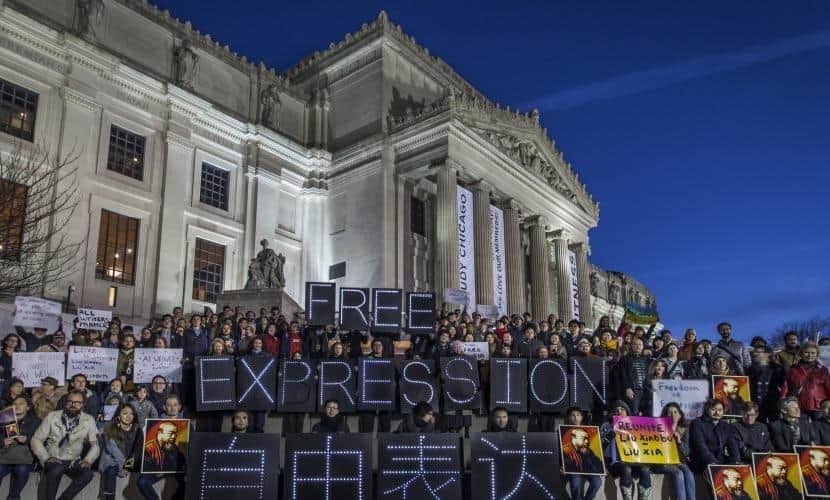
China
The Chinese government is the world’s leading jailer of writers and public intellectuals. Writers, journalists, bloggers, and creative artists face censorship, harassment, imprisonment, and enforced disappearance because of their writing or creative expression.
Egypt
Egypt remains one of the most restrictive environments for free expression in the Middle East and North Africa, with authorities targeting writers, journalists, artists, and human rights defenders through repressive tactics including surveillance, judicial harassment, smear campaigns, threats, and travel bans. Since President Abdel Fattah el-Sisi took power in 2014, authorities have tightened control over the media and cultural sectors, with independent voices frequently silenced through vague anti-terrorism, cybercrime, and other national security laws.
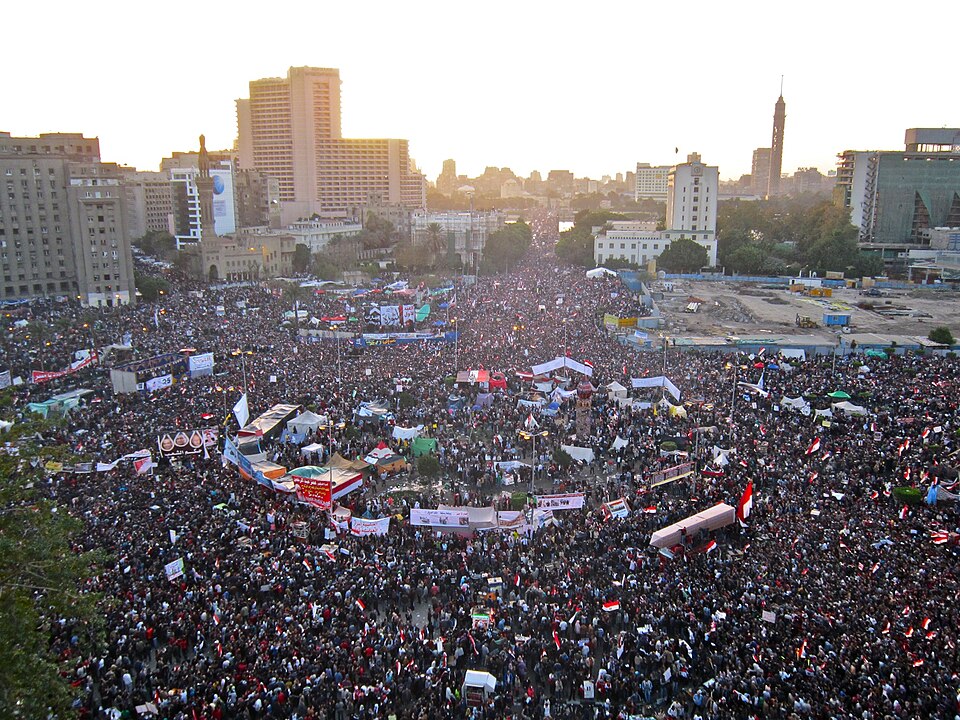

Georgia
After regaining its independence following the collapse of the Soviet Union, Georgia experienced a decades-long flowering of culture. Then in 2021, following the appointment of a senior member of the Georgian Dream party to the Ministry of Culture, it began to actively undermine the independence of the country’s main national cultural institutions. Georgia’s cultural community has actively opposed the Ministry of Culture’s actions and continues to do so, organizing protests, issuing manifestos, and orchestrating boycotts.
India
Threats against free speech, academic freedom, and digital rights have accelerated in India in recent years. The number of writers behind bars dropped from nine to five, according to PEN America’s 2023 Freedom to Write Index, but the overall environment for free expression remained challenging. The government continued to impose internet shutdowns, censorship, website blockages, and persistent harassment and arrests of journalists and writers.
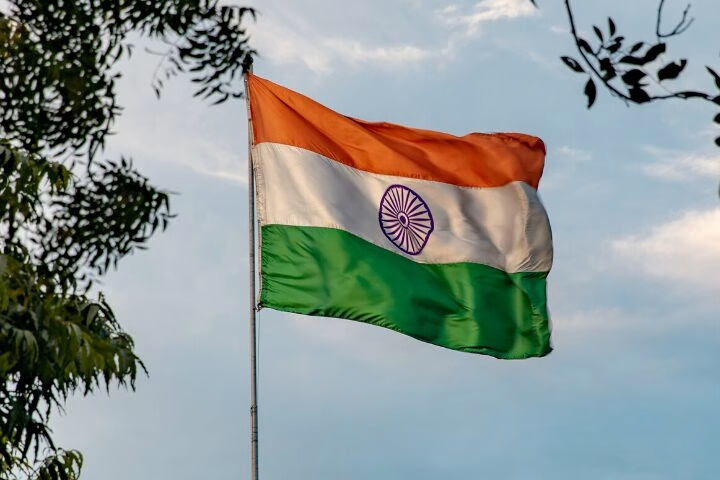
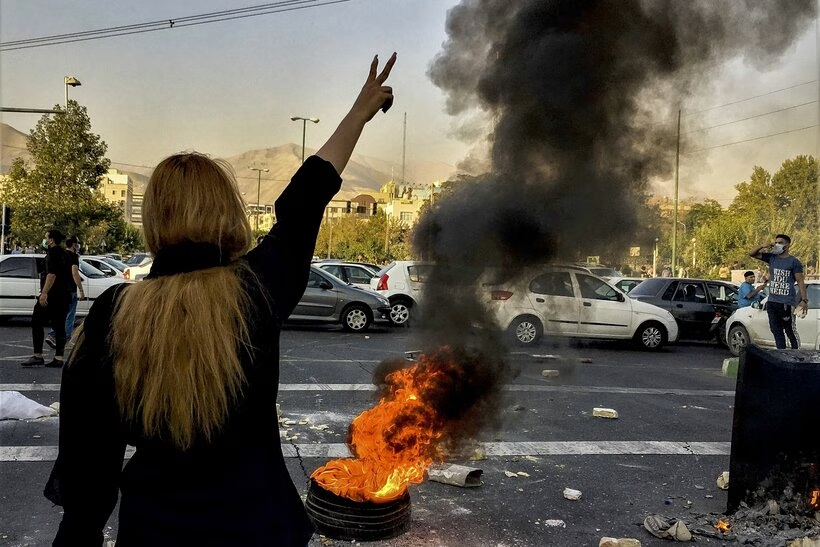
Iran
Despite its rich cultural and literary traditions, Iran is among the world’s most restrictive countries for freedom of expression. While human rights conditions have been dire for decades, the state of free expression and respect for fundamental rights has deteriorated even further in recent years. The Iranian regime has carried out an especially brutal crackdown on dissent in reaction to the protests that exploded in the country after the state killing of Mahsa (Jina) Amini, 22, three days after she was arrested by Iranian “morality” police in September 2022 for violating hijab rules, and the ensuing “Woman Life Freedom” movement.
Israel and the Occupied Palestinian Territory
The Israeli government has cracked down on free expression of writers and public intellectuals in the wake of the Oct. 7, 2023, attack on Israel by Hamas. More than 100 Palestinian journalists have been killed in Israel’s retaliatory strikes, raising fears that they have been deliberately targeted. Palestinian writers, journalists, bloggers, and creative artists in Israel and the West Bank face censorship, harassment, and detention, placing Israel in the top 10 jailers of writers worldwide. Israel’s bombing campaign against Hamas has destroyed much of Gaza’s cultural infrastructure, including all 12 of its universities.
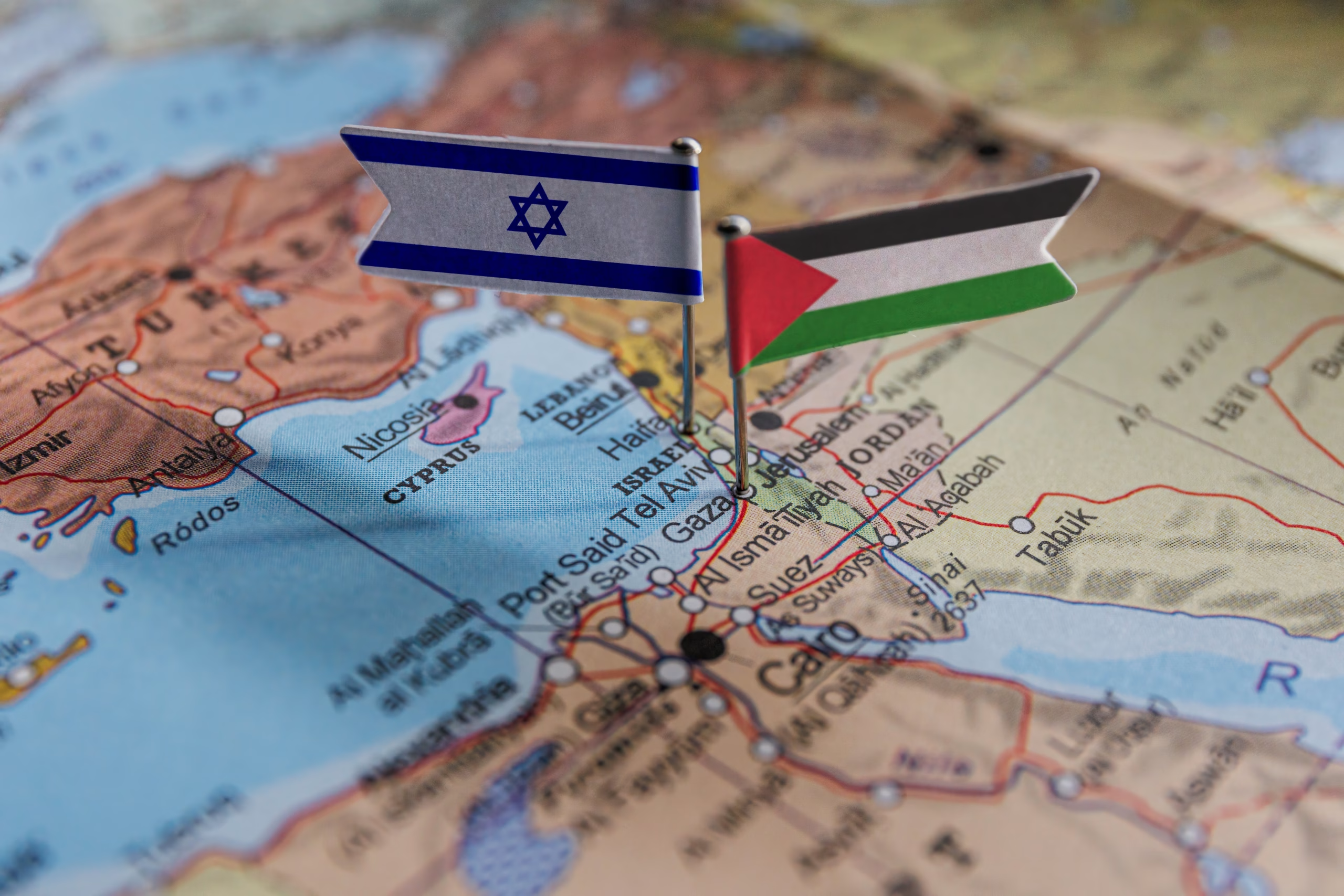
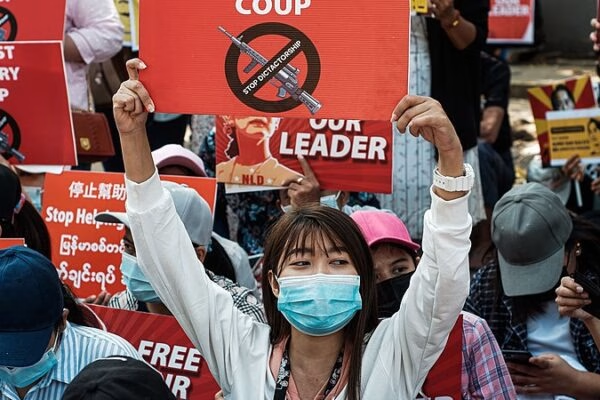
Myanmar
Since the February 2021 coup, the state of free expression in Myanmar has rapidly deteriorated. Prior to the military’s seizure of power, Myanmar already ranked among the world’s top 10 jailers of writers, poets, and public intellectuals. The oppression by the military junta, coupled with fighting between the military and its many opposition forces, have continued to result in immense violence and a further erosion of human rights.
Russia
Russia’s crackdown on free expression intensified as part of broader efforts to stifle opposition to its war in Ukraine and solidify restrictions on critics and civil society generally. Since the full-scale invasion of Ukraine in February 2022, more writers and artists were jailed for their anti-war expression, activism, journalism, or artistic expression. Attempts to control artistic expression and discourage dissent by writers and other cultural figures has become more widespread and writers have been detained on accusations that they are “foreign agents.” Criminal charges prohibiting “discrediting” and “disseminating false information” about the Russian armed forces have become common and have resulted in prison sentences.
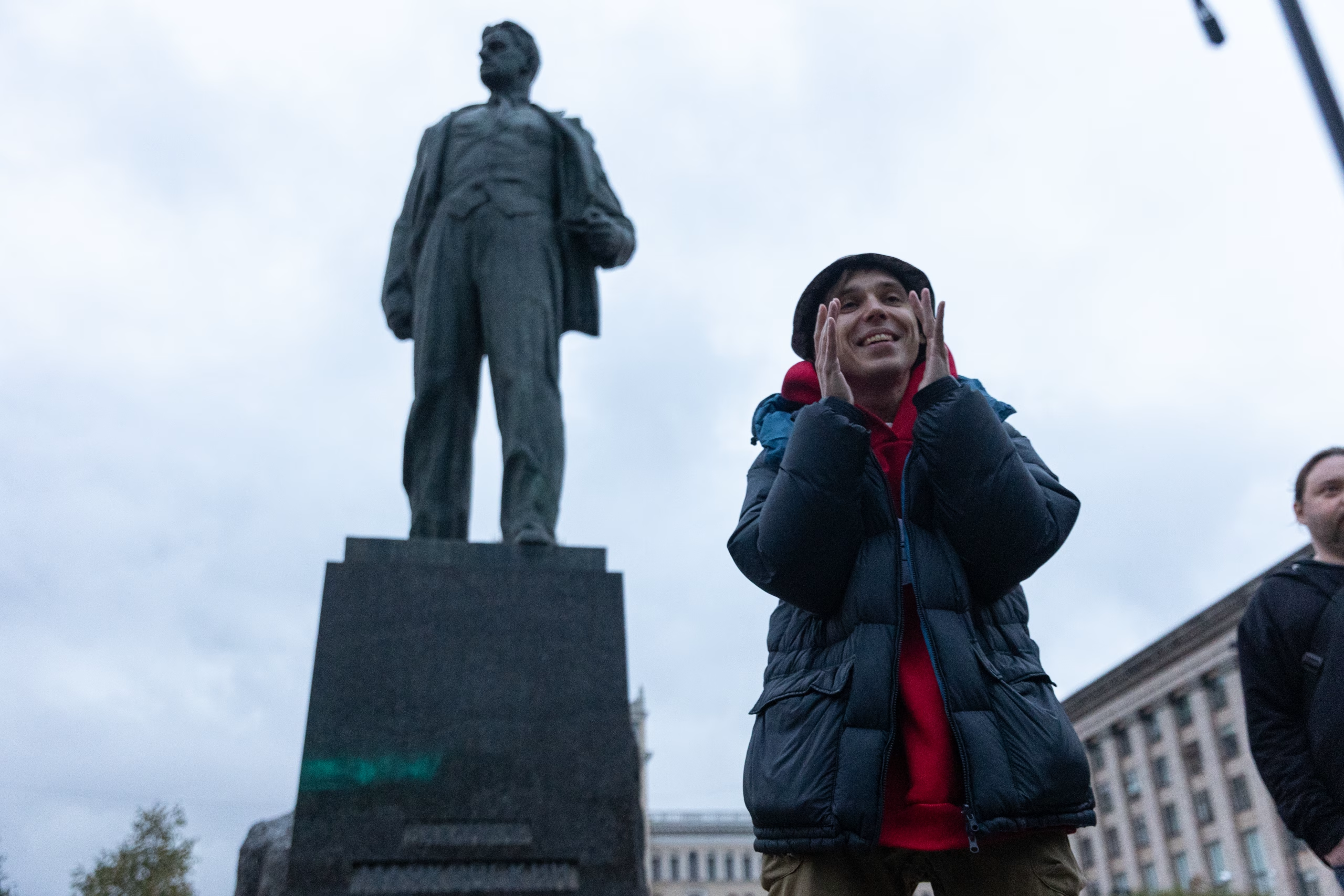
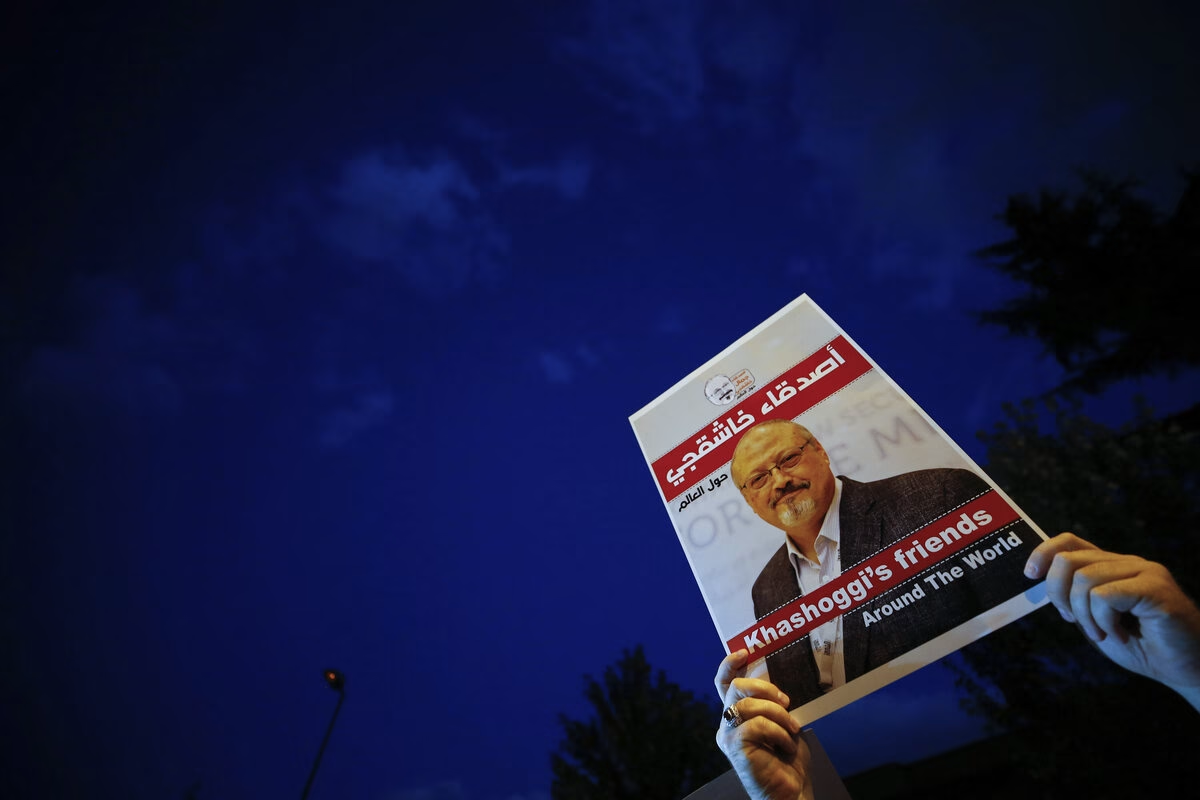
Saudi Arabia
Long considered one of the most restrictive countries in the world, political and civil rights in Saudi Arabia are almost nonexistent. In the latest Freedom to Write Index, the country had 19 writers in prison with 47 more at risk. Since coming to power, de facto ruler Crown Prince Mohammad Bin Salman has presided over a brutal crackdown on all forms of dissent, with especially vicious attacks on women and religious minorities, and a renewed wave of arrests targeting activists, journalists, and intellectuals. Anti-terrorism laws and other sweeping legislation continue to be used against a range of expression, and online commentators who have neither a history of dissent nor substantial social media followings have been imprisoned for years or even decades.
Türkiye
Türkiye has remained a difficult place for free expression, as authorities continue to crack down on writers, journalists, and creative artists. Fourteen writers are behind bars according to PEN America’s 2023 Freedom to Write Index. President Recep Tayyip Erdoğan and his ruling Justice and Development Party (AKP) won reelection in May 2023, ahead of which Turkish authorities detained several journalists. The government has also moved to censor more social media content with amendments to the country’s disinformation law in 2022.
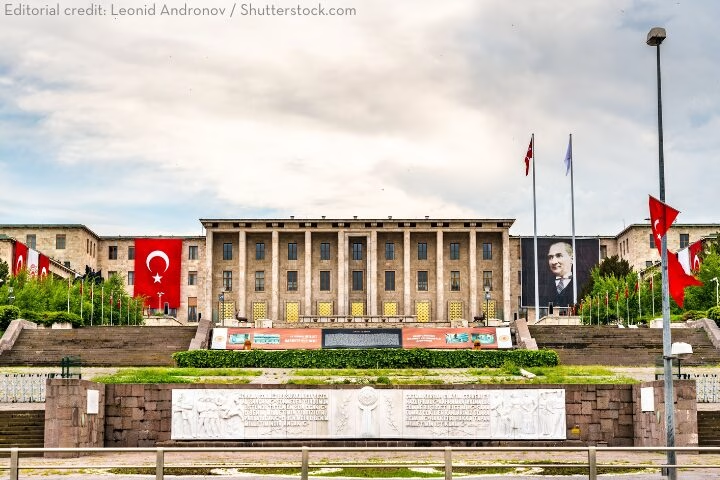
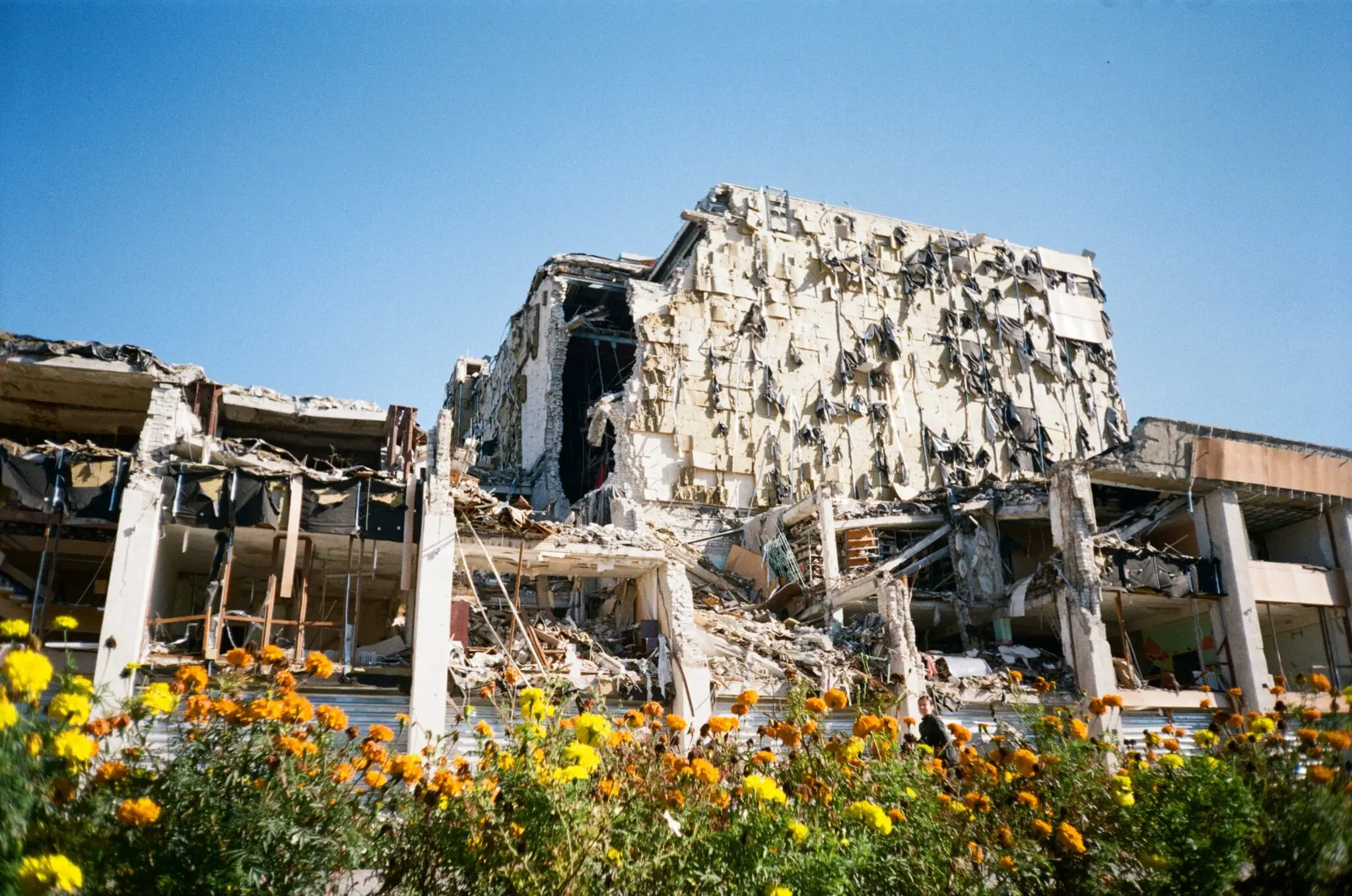
Ukraine
The full-scale Russian invasion of Ukraine that began in February 2022 — and is part of the larger campaign that began in 2014 with the illegal annexation of Crimea and support to pro-Russian separatists in the Donbas region — represents an assault on free expression and human rights, an effort to destroy Ukrainian culture, and poses an imminent threat to the country’s writers, artists, and journalists.
Vietnam
The Vietnamese government has effective control of all traditional media, including the press, television, radio, and other publications. Vietnamese authorities quash dissent, monitoring online spaces to censor and surveil online content. People who criticize the government on issues such as human rights abuses, corruption, territorial disputes, environmental rights, and/or COVID-19 policies are often harassed, arrested, or imprisoned. Vietnam has violated due process and other human rights, including denying legal representation, imposing arbitrary arrests, and subjecting individuals to unfair trials.
